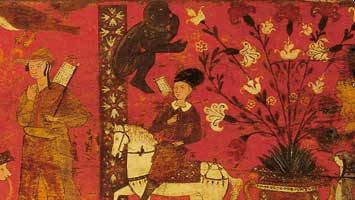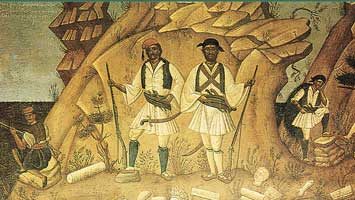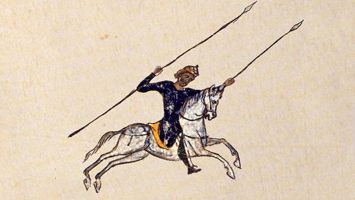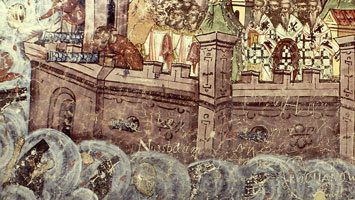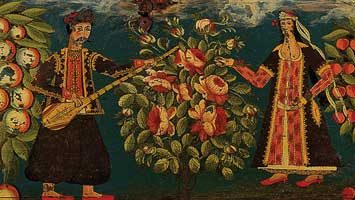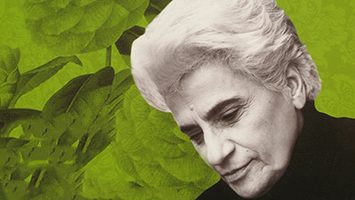Musician and singer, born in Athens in 1979, with family origins in Charchaliana, Kissamos, in Chania, Crete. He grew up within the Cretan musical tradition, receiving his first influences from his father and grandfather. At the age of 6, he began Cretan dance classes in Piraeus and soon started violin lessons with Kostis Pachakis and Michalis Kounelis, later apprenticing with leading older musicians.
He taught violin at the Venizeleio Conservatory of Chania until 2011, and in 2012 he founded a music school in Chania dedicated to the traditional music of Crete. He playes the violin, mandolin, askomandoura, and laouto (lute), with the lute player Nikos Marentakis as his steady collaborator. He worked systematically on rizitika songs and on documenting the musical and dance tradition of Crete, and his work has been released in collaboration with Seistron Musical Publications (Chania, Crete).
In 2005, he settled in Crete and developed his activity as a performer, composer, and teacher. He contributed to the dissemination of Cretan music both in Greece and abroad and participated in numerous collective discographic projects, including works by Domna Samiou.
Source: Antonis Martsakis




